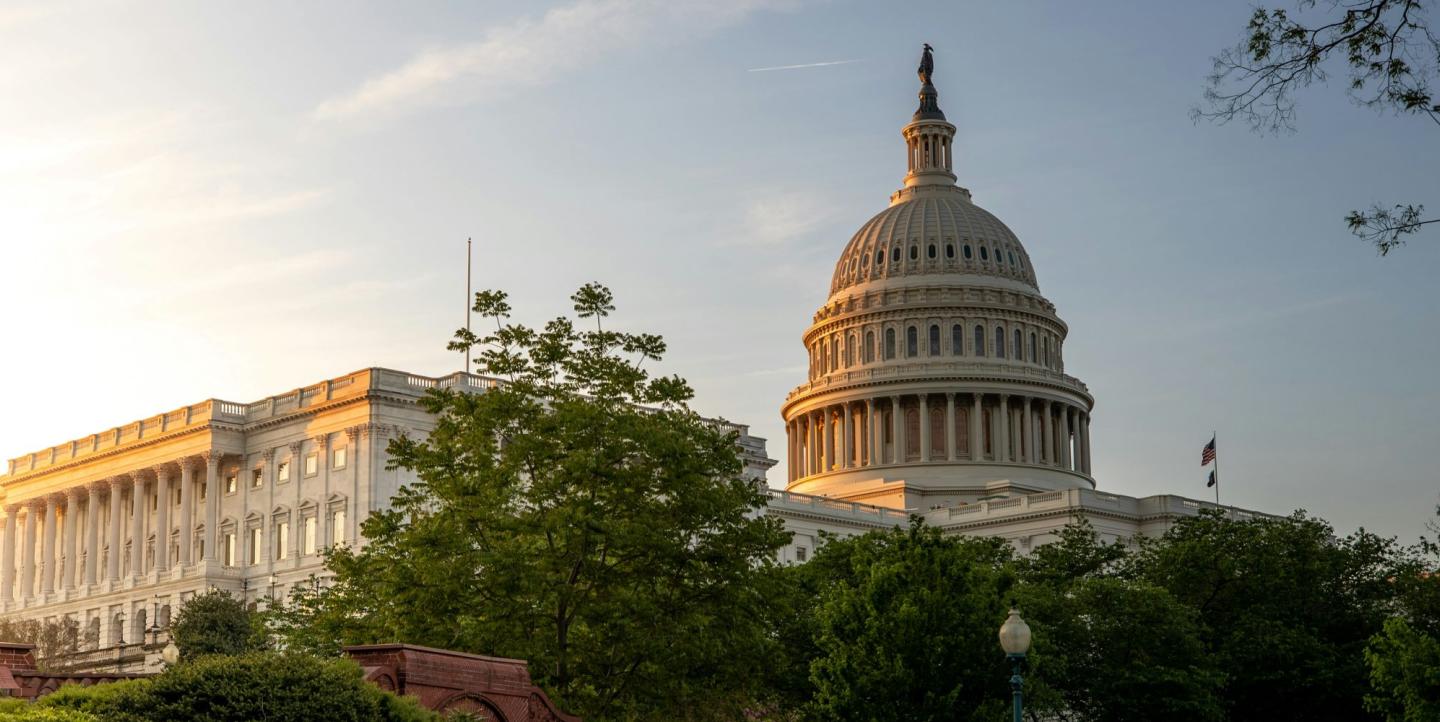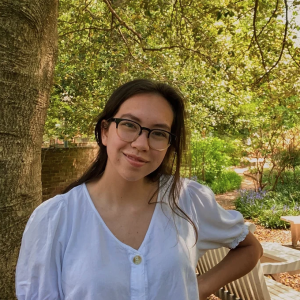In June 2018, a gunman shot and killed five employees of the Capital Gazette, a newspaper based in Annapolis, Maryland. It was the deadliest attack on journalists in the U.S. in history.
To commemorate these journalists and others, a group of journalists, journalism professors and more are working toward the construction of a memorial to fallen journalists on the National Mall in Washington, D.C. “The memorial was inspired by the terrible event that happened in Annapolis, Maryland,” said Barbara Cochran, president of the Fallen Journalists Memorial Foundation, which is leading efforts to build the memorial.
The Fallen Journalist Memorial will honor journalists from around the world who have sacrificed their lives and affirm the importance of a free press. “It’s to honor journalists who've died while doing their jobs, but it's also an affirmation of America's unique First Amendment and a commitment to freedom of the press on a global basis,” said Cochran. “Our goal is to be able to dedicate the memorial in 2028, which will be the 10th anniversary of the attack on the Capital Gazette.”
Honoring journalists
David Dreier served on the board of the Tribune Publishing Company, which owned the Capital Gazette, during the shooting (he later became the chairman). He founded the Fallen Journalist Memorial Foundation in 2019, on the one-year anniversary of the shooting. He worried that people would forget about the attack and wanted to establish a memorial in their, and other journalists’ honor.
Congress unanimously approved the Fallen Journalists Memorial Act in 2019, authorizing the creation of a monument. “It was something that just as soon as you said, ‘there's no monument to journalists anywhere in Washington,’ [people agreed that] that needs to be fixed,” said Cochran.
The memorial is intended for both domestic and international visitors to D.C. “The hope is that [international visitors] will visit this memorial and think about the situation in their home countries and think of the important roles that journalists have played in their own countries," Cochran said.
The memorial’s proposed location reflects its mission. It will live on a triangle of land on the National Mall, in view of the dome of the U.S. Capitol Building. “We felt that this was extremely important to establish the relationship between journalism and one of the most important symbols of democracy, but also the idea of the watchdog role of government,” said Cochran. The land also happens to be along Independence Avenue, driving home the importance of unfettered journalism.
The Foundation’s design plans for the memorial are also symbolic. “[The design] utilizes glass to indicate that journalism relies on transparency, clarity, shedding light on important subjects,” said Cochran. “The design, we felt, really reflects what journalism is all about.” The memorial also includes a glass disc inscribed with the First Amendment.
Notably, there won’t be any names listed on the memorial, so that visitors will be able to think of any journalist who has been targeted, explained Cochran: “The idea is for this to be as universally accessible as possible.”
Future of the memorial
The Foundation still must navigate a series of actions before they can begin building the memorial, explained Cochran. “This whole process is governed by something called the Commemorative Works Act that spells out 24 steps between the moment you get the inspiration to the moment you dedicate the memorial. We're on step 13.”
The Foundation will need to obtain design approval from federal agencies, such as the National Park Service and the Commission of Fine Arts, and reach its $50 million fundraising goal, of which it has raised about $25 million so far.
The funds will go toward the monument’s construction and maintenance, and fund future educational activities the Foundation will carry out. “It's also meant to be a place that will inspire and educate visitors on why a free press is so important as a pillar of democracy, and why journalists are willing to make sacrifices, up to and including losing their lives,” said Cochran.
The memorial, hopes Cochran, will inspire the 25 to 30 million visitors the National Mall receives every year to consider the important role journalism plays in society. “Those visitors will encounter this memorial and be given the opportunity to pause and think about the role that journalists play in keeping democracy alive, and that is something that will, we hope, uplift and support all journalism efforts,” she said.
Photo by Andy Feliciotti on Unsplash.


